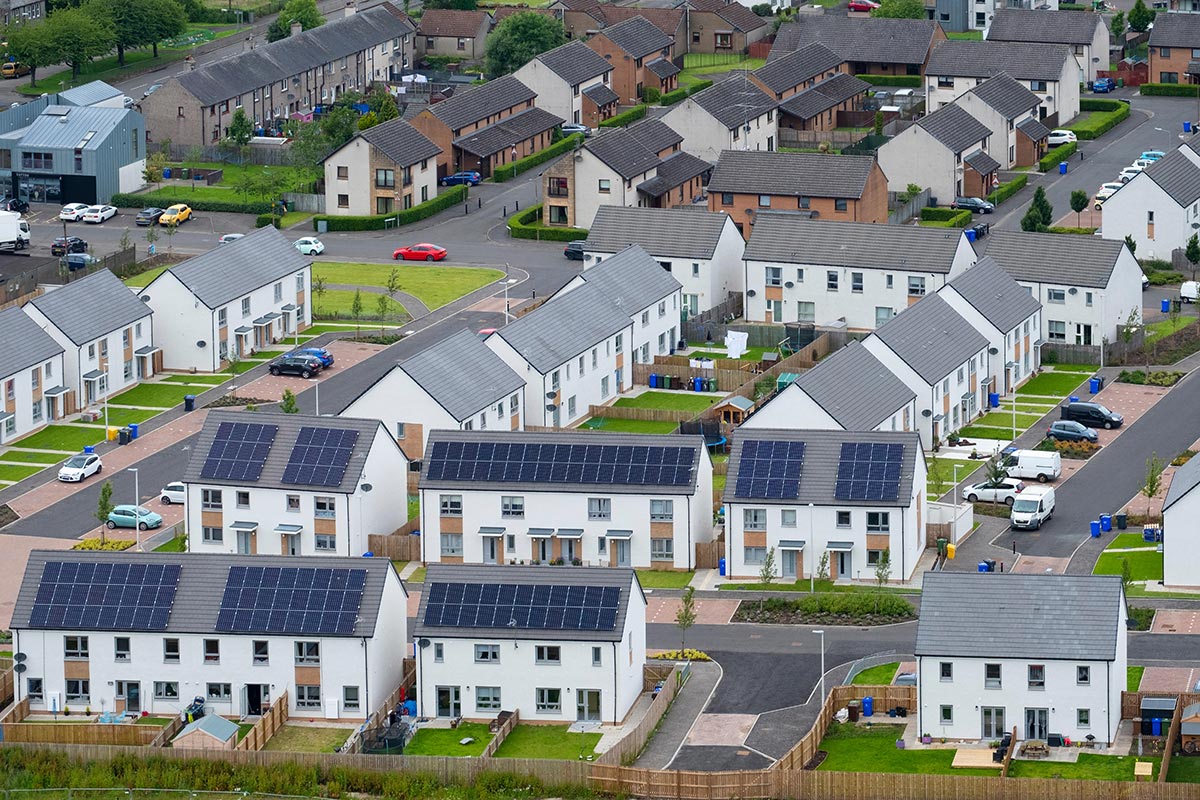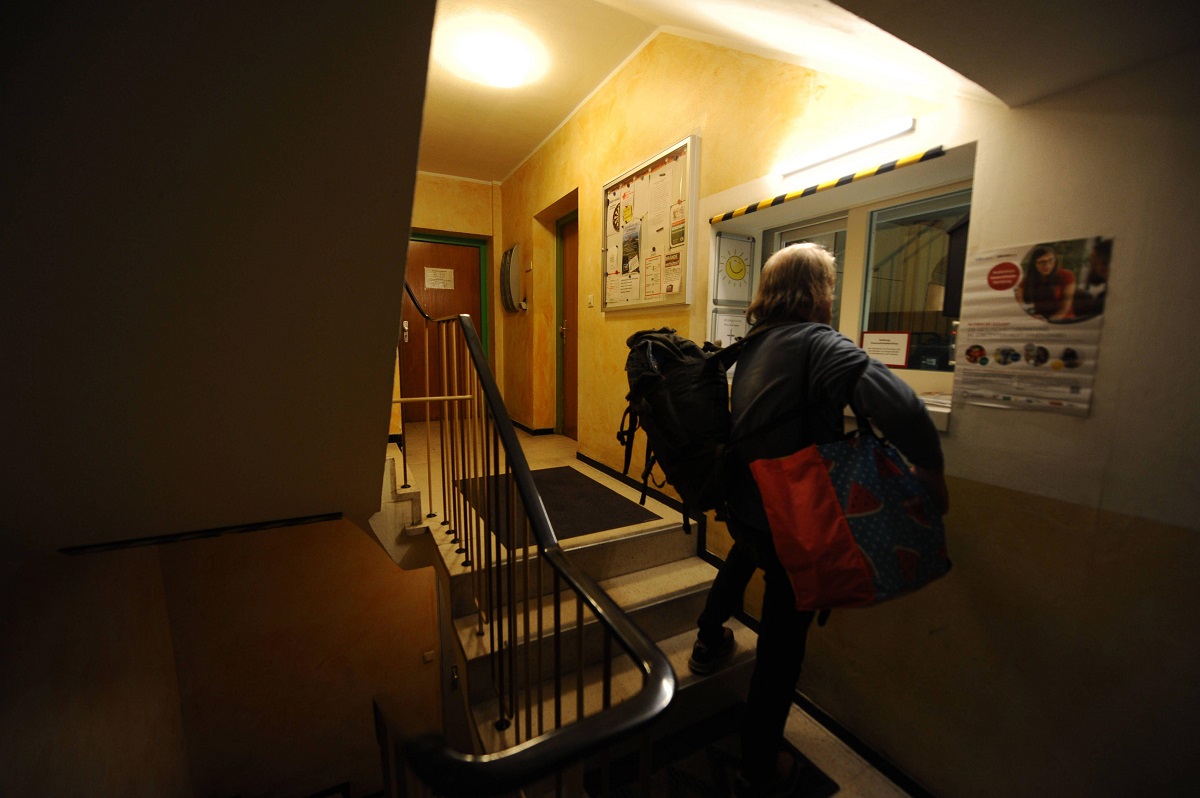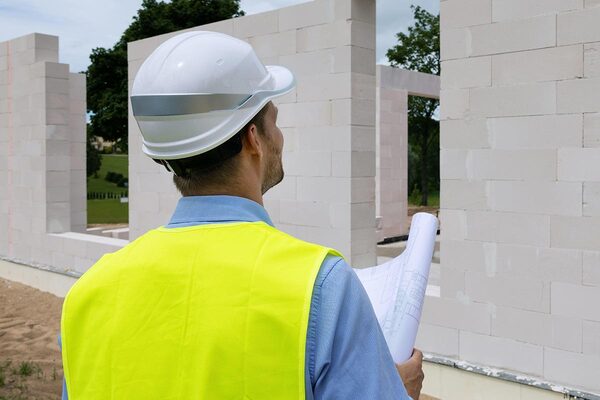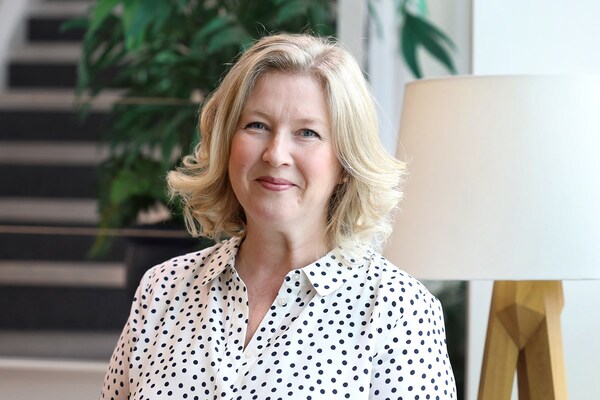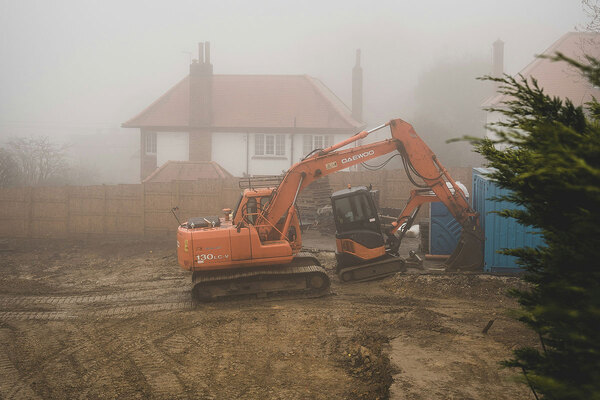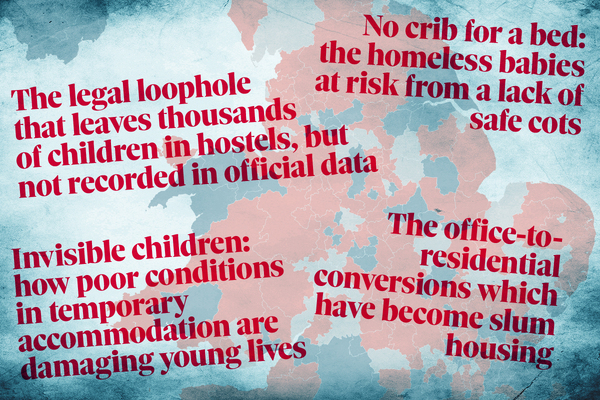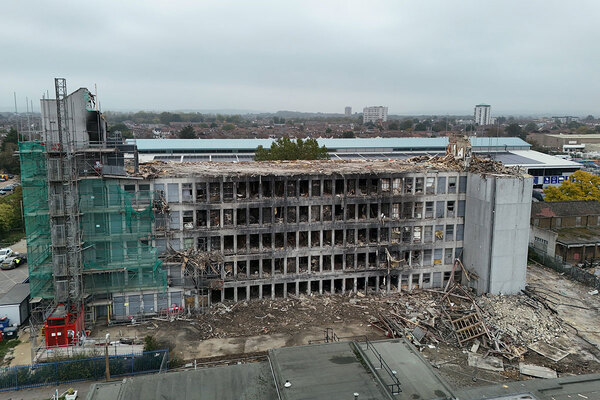You are viewing 1 of your 1 free articles
Scottish planning system speeds up amid 21% fall in housing applications
The Scottish planning system saw average decision times for major housing projects fall 28% last year, while the number of applications fell by 21%, according to the latest government statistics.
Major housing developments in Scotland took an average of 39.3 weeks to get a planning decision in 2022-23. This figure represented a fall in waiting time of 28% on 2021-22, where the average decision time for such projects was 54.3 weeks.
The Scottish government defined major housing developments as those with 50 or more dwellings or with a site area of two hectares or more where the main use is for housing.
However, while decision times fell over the past year, the number of planning applications also dropped by 21% during the period. There were 97 major housing development applications determined in 2022-23, compared to 123 in 2021-22.
It means that the Scottish planning system is still nearly 5% slower than it was pre-COVID (2019-20), despite processing 45% fewer large applications. A total of 175 major housing applications were logged in 2019-20, while the average decision time was 37.5 weeks.
Alongside the statistics, the Scottish government said the housing statistics for 2022-23 were “only slightly higher than the pre-pandemic times”.
The document added that last year there were 41 major housing development applications with processing agreements and “almost two-thirds (63%) of these met agreed timescales that had been set between developers and local authorities”.
In April 2022, planning fees in Scotland rose for the first time in eight years.
At the time, planning minister Tom Arthur said: “I expect these increases to lead to improvements in planning performance.”
An average 150-unit residential development now attracts a planning fee of £48,550, compared to £40,050 previously.
In its latest publication, the Scottish Property Federation, which represents developers, said: “While there are challenges with the complexity and added demands of the planning system combined with a lack of resources, the performance issues remain despite the increase in planning fees.
“We must have a planning service that is a platform for investment rather than a barrier. Otherwise, we risk losing new and improved working, living, learning and leisure places that will surely go elsewhere in the UK.”
Sign up for our Scotland newsletter
Already have an account? Click here to manage your newsletters
